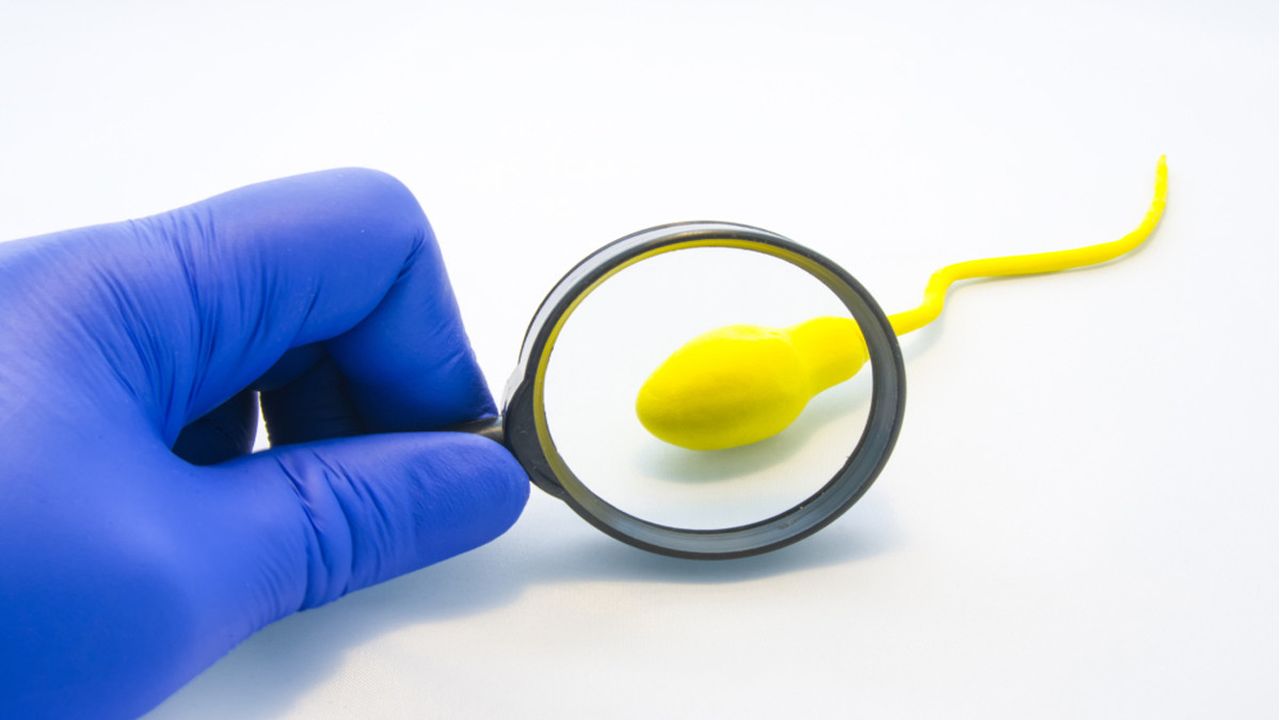
- Early Warning Self Test kits
Male fertility refers to a man’s ability to impregnate a woman and father a child. It is an essential component of human reproduction and a crucial factor in couples trying to conceive. Male fertility is dependent on the quality and quantity of a man’s sperm, which is produced in the testes. A healthy male has millions of sperm every day, and these sperm need to be strong and mobile to reach and fertilise a woman’s egg. Understanding male fertility and its various issues is crucial for couples trying to conceive and men wanting to maintain their reproductive health.
Male fertility and sperm count rapid test kits are a simple and convenient way to assess male fertility levels from the comfort of your home. These easy-to-use testing kits can be purchased online or in stores and require only a small sample of semen to be collected and analysed.
Male fertility issues are relatively common and can prevent a man from fathering a child. Some of the most common male fertility issues include:
Identifying and addressing male fertility issues promptly is essential to increase the chances of conception.
Making specific lifestyle changes can help improve male fertility. Here are some tips to consider:
By making these lifestyle changes, men can improve their health and chances of fathering a child. However, it’s important to remember that making these changes may take time and only guarantee success in some cases. Sometimes, medical treatments or alternative therapies may also be necessary to address male fertility issues.
Medical treatments are available to address male fertility issues, which can vary depending on the problem being addressed. Here are some common medical treatments for male fertility issues:
While these medical treatments can be effective, they have potential risks and benefits. Risks can include complications from surgery or side effects from medication. Benefits can include improved sperm quality and quantity, increased chances of conception, and enhanced overall reproductive health.
Patients can expect to undergo tests during treatment, including semen analysis, blood tests, and imaging tests. The specific treatment plan will depend on the individual’s specific fertility issues and may involve a combination of medications, surgery, and ART. To ensure optimal outcomes, discussing the risks and benefits of each treatment option with a healthcare provider is necessary. Additionally, it is important to follow all instructions and recommendations during the treatment process.
In addition to medical treatments, some men may explore alternative therapies to address male fertility issues. Here are some common alternative therapies that are often used:
While some studies have suggested that alternative therapies may be effective in improving male fertility, it is essential to note that more research is needed to understand their potential benefits and risks fully. Additionally, discussing alternative therapies with a healthcare provider before beginning treatment is important, as some herbs and supplements may interact with medications or have other potential risks.
Overall, men may choose to explore alternative therapies in addition to or instead of medical treatments to address male fertility issues. While these therapies may be promising, it is vital to approach them cautiously and always discuss treatment options with a healthcare provider.
Male fertility issues can have a significant emotional impact on men and their partners. Struggling with infertility can lead to feelings of frustration, anger, depression, and guilt. Here are some strategies for coping with male fertility issues:
It is also important to note that men and their partners may experience infertility differently, and respecting each other’s feelings and coping mechanisms is essential. Seeking counselling or support groups can help couples navigate these differences and strengthen their relationship.
Overall, coping with male fertility issues can be challenging. Still, resources and strategies are available to help men and their partners manage the emotional impact of infertility.
Male fertility issues can be a challenging and emotional experience for men and their partners. However, it is crucial to keep in mind that many treatments and coping strategies are available for couples to navigate this difficult journey.
It is important to remember that infertility does not define you or your relationship and that there are many paths to parenthood. Whether you pursue medical treatments, alternative therapies, or alternative routes to parenting, it is crucial to approach the journey with patience, understanding, and compassion.
If you are concerned about your fertility, consider purchasing a male fertility home testing kit to understand your fertility status better. Remember, taking action and seeking support are essential in addressing male fertility issues.